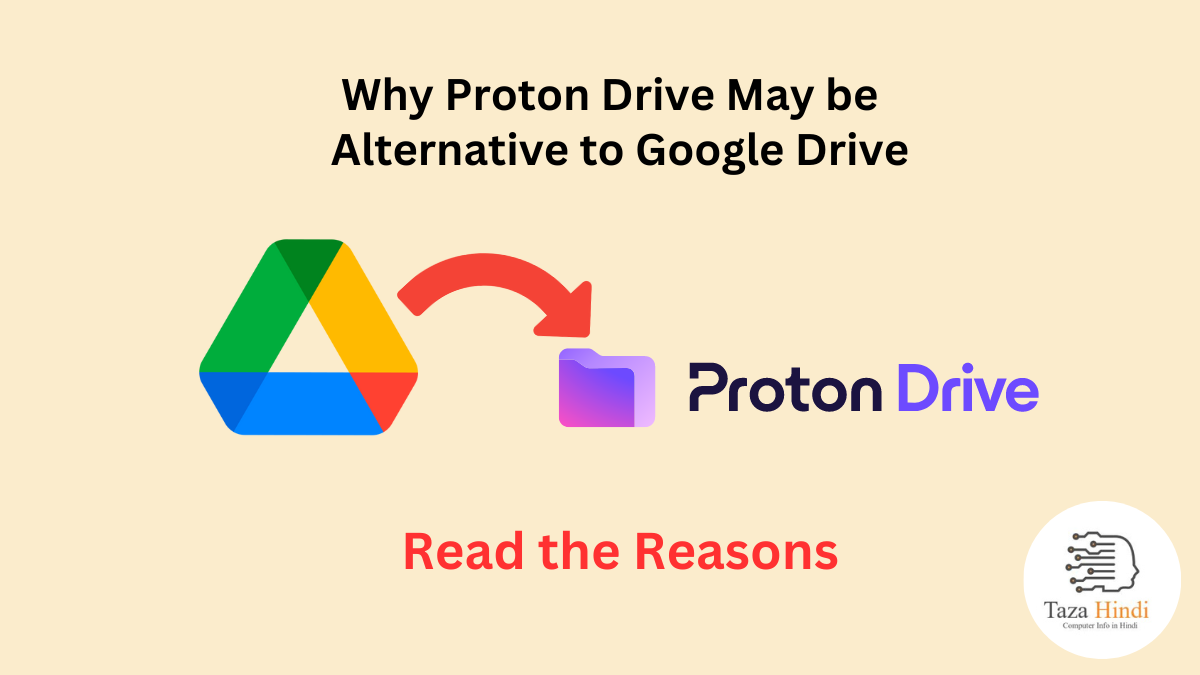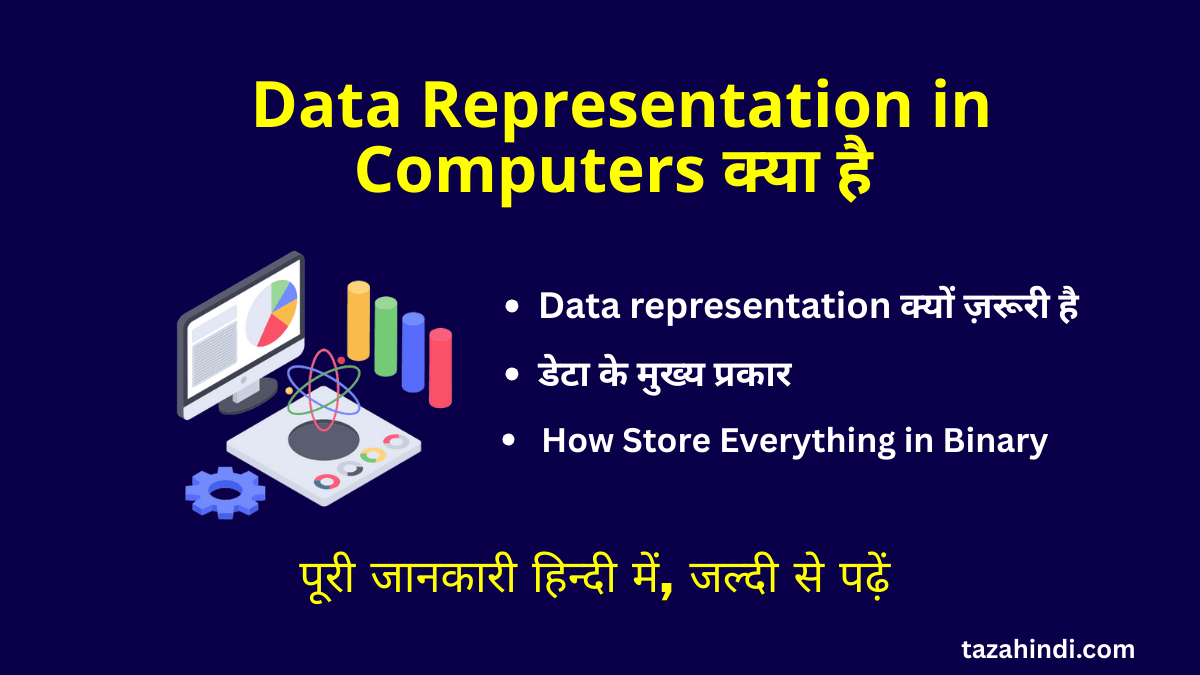In today’s digital era, the need for secure and reliable cloud storage solutions has never been greater. Proton Drive has emerged as a revolutionary platform, offering a future-forward approach to safeguarding your data. In this article, you may learn everything about Proton Drive, its various applications, how to utilize it effectively, the storage capacity it provides, a comparison with Google Drive, and concludes with the immense potential it holds in the world of secure cloud storage.
What is Proton Drive?
Proton Drive is a cloud storage service developed by ProtonMail, known for its dedication to privacy and security. It allows users to store and access their files, documents, photos, and other data in a secure and encrypted environment. Proton Drive is designed to protect user privacy while providing seamless and convenient cloud storage solutions.
Uses of Proton Drive
- Personal Cloud Storage: Proton Drive serves as a personal cloud storage solution, enabling users to store and access their personal files securely.
- Collaboration and File Sharing: Proton Drive facilitates seamless collaboration by allowing users to share files and folders with specific individuals or teams while maintaining stringent security measures.
- Secure Backup: Users can securely back up important files and data to Proton Drive, ensuring their preservation and accessibility in case of device failures or data loss.
- File Synchronization: Proton Drive offers file synchronization across multiple devices, allowing users to access their files from anywhere, anytime.
Also Read : How to Make a Pie Chart in Google Sheets: A Step-by-Step Guide
How to use Proton Drive?
Using Proton Drive is straightforward:
- Sign up for a Proton Drive account.
- Download the Proton Drive application or access it through a web browser.
- Upload files and folders to your Proton Drive storage.
- Organize your files and folders for easy navigation and access.
- Share files securely with others by specifying permissions and access levels.
How much storage provides Proton Drive?
Proton Drive provides various storage plans with different capacities, ranging from free plans with limited storage to paid plans with larger storage allocations. The exact storage capacity depends on the plan you choose, ensuring scalability and flexibility to meet individual needs. At present, Proton Drive providing following storage plans:
| Proton Free | Drive Plus | Proton Unlimited | Proton Family |
| 1GB | 200 GB | 500 GB | 3TB |
| Free Forever | 3.99 € / Month | 9.99 € / Month | 23.99 € / Month |
Note: For more/ detailed information, you may visit their official website.
Is Proton Drive May Alternative to Google Drive?
While both Proton Drive and Google Drive offer cloud storage solutions, they differ significantly in terms of their focus on privacy and security. Proton Drive places a strong emphasis on protecting user data with end-to-end encryption and strict privacy measures, making it an attractive option for individuals and organizations concerned about data security.
Also Read : Top 10 Best Books for Computer Science Students
Difference between Proton Drive and Google Drive
Proton Drive and Google Drive have notable distinctions:
| Proton Drive | Google Drive |
| Proton Drive prioritizes user privacy and employs end-to-end encryption, ensuring data remains confidential. | Google Drive may collect and analyze user data to personalize services and deliver targeted advertisements. |
| Proton Drive encrypts files both at rest and in transit, providing an additional layer of protection. | Google Drive offers encryption but with some limitations. |
| Proton Drive respects user data ownership, ensuring that only the user has access to their files. | Google Drive’s terms of service grant certain rights to Google regarding user data. |
Also Read : How to Improve Your Programming Skills in 2023
Conclusion
Proton Drive represents the future of secure cloud storage, offering users a privacy-centric approach combined with seamless functionality. By prioritizing encryption, data ownership, and stringent privacy measures, Proton Drive distinguishes itself as a reliable and secure cloud storage solution. As the need for data privacy continues to grow, Proton Drive is poised to become an increasingly vital player in the world of secure cloud storage.
FAQs
-
Is Proton Mail better than Gmail?
Proton Mail and Gmail have different focuses. Proton Mail prioritizes privacy and security with end-to-end encryption, making it an excellent choice for users concerned about data protection. Gmail, on the other hand, offers a robust suite of features and integration with other Google services. The choice between them depends on individual preferences and priorities.
-
Is Proton safer than Google?
Proton emphasizes strong privacy and security measures, including end-to-end encryption and strict data protection policies. This focus on privacy makes Proton generally considered safer than Google, which collects and analyzes user data for targeted advertisements and personalization. However, the level of safety also depends on individual threat models and requirements.
-
What is the cost of Proton Drive?
Proton Drive offers various pricing plans with different storage capacities. The cost varies depending on the chosen plan, ranging from free plans with limited storage to paid plans with larger storage allocations. Detailed pricing information can be found on the Proton website.
-
Is Proton Drive open source?
Proton Drive is not open source. ProtonMail has open-sourced some of its other projects, such as the ProtonMail web client and various libraries, but the source code for Proton Drive itself is not publicly available.
-
How is Proton free?
Proton offers free plans for some of its services, including Proton Mail and Proton Drive, to make them accessible to a wide range of users. The free plans have certain limitations on storage capacity and features, but they still provide secure and reliable options for users who do not require extensive storage or advanced functionalities. Proton sustains its free services through a combination of paid plans, donations, and other revenue sources.



